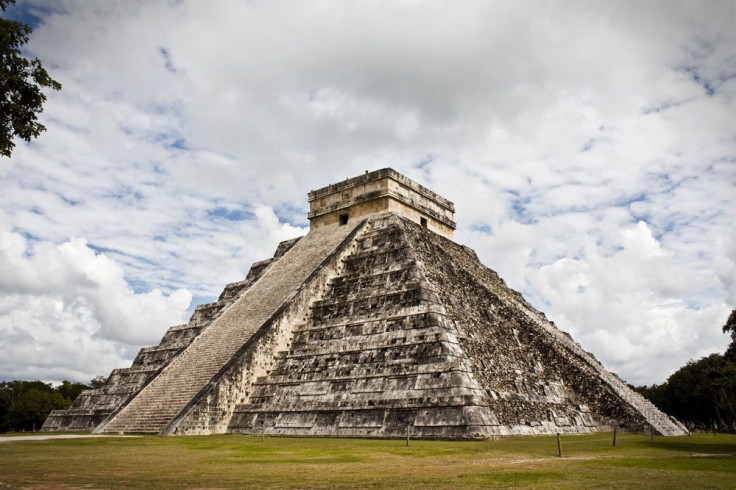Population, Climate Change Led to Fall of Mayans: Confirmed

Scientists have never been able to conclusively figure out what exactly destroyed the advanced and ancient Mayan civilization - and, with some people worried about the 2012 doomsday, many would like to find out. Now, researchers from Pennsylvania State University have created a model of the past 2,000 years that they believe explains how Mayan society collapsed. The reason, they say, is climate change.
The study, published in Science, says that researchers reconstructed rainfall levels using stalagmites from the Yok Balum cave, about three miles from the Mayan ancient city of Uxbenka. They compared their findings with contemporary political histories.
"Unusually high amounts of rainfall favored an increase in food production and an explosion in the population between AD 450 and 660," said Douglas Kennett, one of the study authors and an expert on the effect that climate change and the environment can have on populations, in a statement. "This led to the proliferation of cities like Tikal, Copan and Caracol across the Maya lowlands. The new climate data show that this salubrious period was followed by a general drying trend lasting four centuries that was punctuated by a series of major droughts that triggered a decline in agricultural productivity and contributed to societal fragmentation and political collapse. The most severe drought (AD 1020 and 1100) in the record occurs after the widespread collapse of Maya state centers (referred to as the Maya collapse) and may be associated with widespread population decline in the region."
Kennett says that, as the city populations declined, the kings lost their influence. To make matters worse, during the sixteenth century, climate change led to crop failure, drought, famine, and death. Many people migrated. But climate change does not deserve all the blame for the demise of the empire - its population changes led to some of the stress that caused irreparable fractures in the system.
Kennett says that we can look at the fall of the Mayan empire as a metaphor for our own time, and learn from their demise.
Published by Medicaldaily.com



























